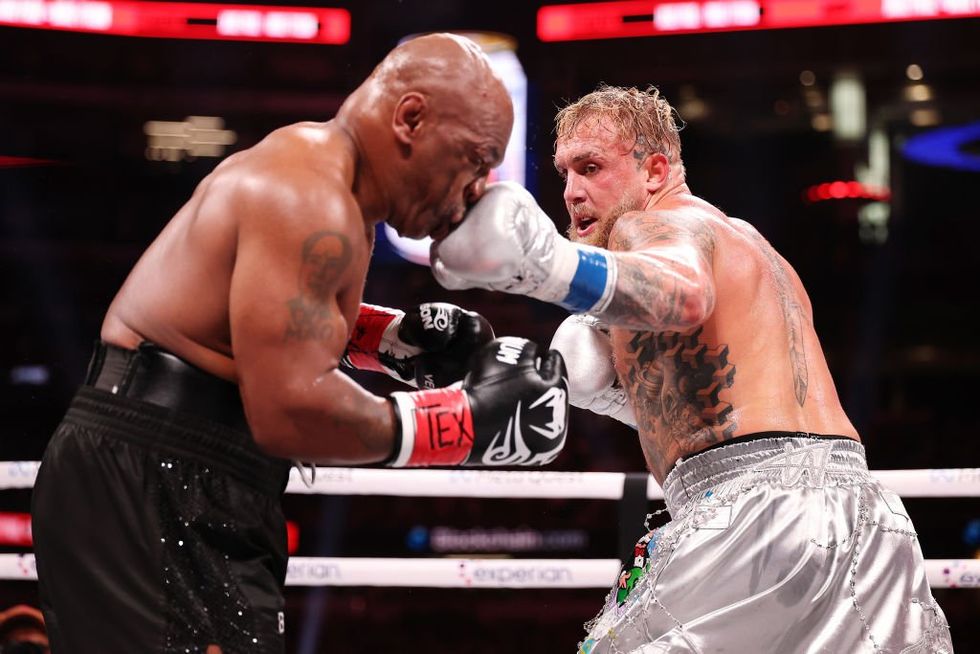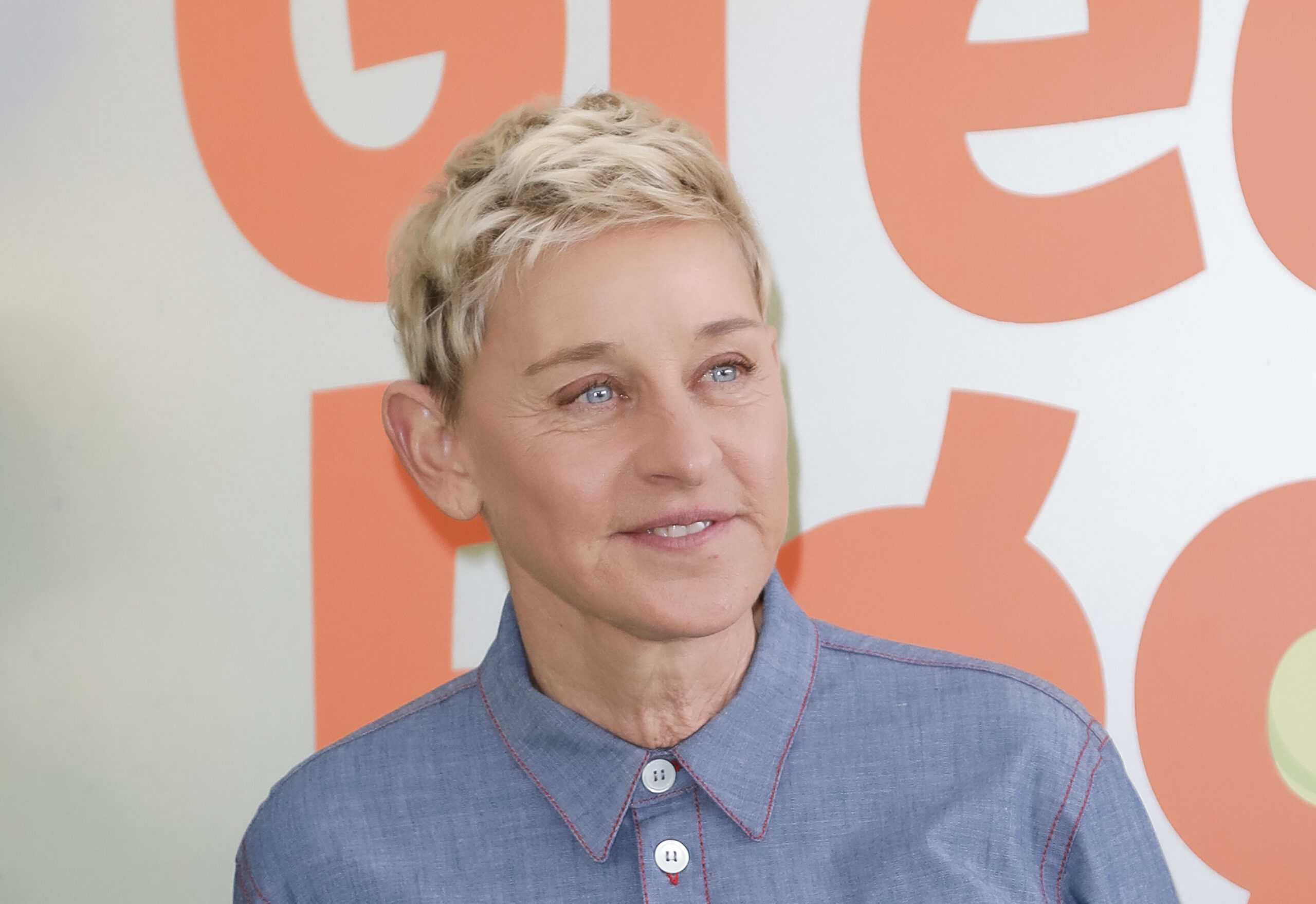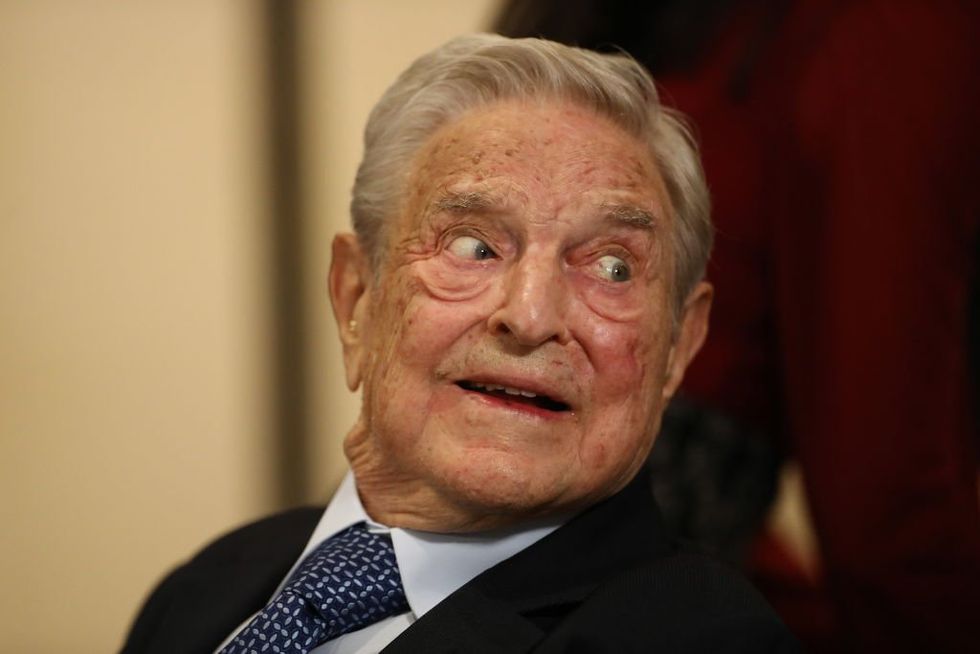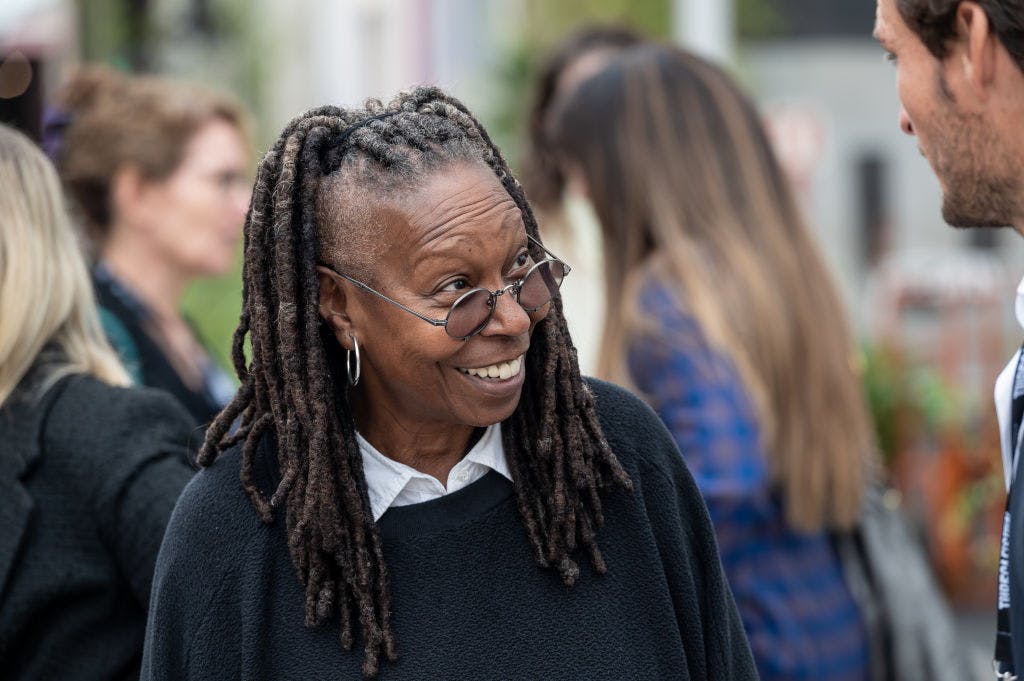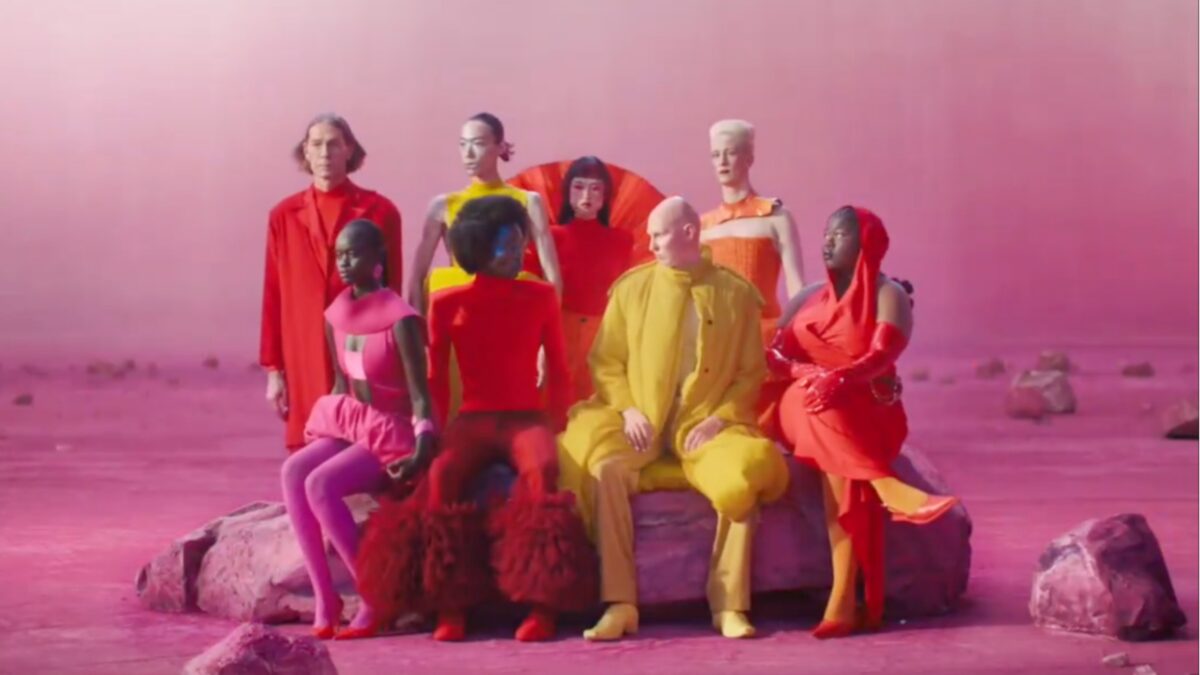Media outlets pay significantly more to cover DNC than RNC, prompting online snickers about 'price gouging'
News outlets both big and small are shelling out more money to cover the Democratic National Convention than they did to cover the Republican convention last month, prompting some online users to suggest that DNC officials are "price gouging" the media. The costs Many outlets covering the DNC at the United Center in Chicago this week are paying nearly $1,000 for a media workspace that cost just $100 at the Republican National Convention in Milwaukee last month, according to a report from Tessa Weinberg and Mariah Woelfel of WBEZ Chicago. Far from elaborate, these media workspaces include only basic amenities such as an assigned seat and an electrical outlet, the report said. They also originally cost $751, and those who did not take advantage of that early-bird pricing now must pay $911. Ask Kamala to rectify that.' Top-speed internet from AT&T for the week costs an additional $9,368, and major broadcasting setups involving cameras and other equipment can run into the tens of thousands. Such price tags are cost-"prohibitive" for many small, independent news outlets. "Paying that much to show up and report the news is definitely prohibitive," said Jim Daley, investigative reporter for the South Side Weekly. Other problems with pricing Major outlets in the mainstream media can absorb those costs, however, skewing coverage of the event and leaving voters with fewer options, Daley continued. "People do not trust major media the way that they once did decades ago, and for good reason, in some cases," he explained. "Conversely, I think that local news, nonprofit news — for very good reason, because we’re closer to the readers, we’re closer to the ground, we don’t do parachute-style journalism, we’re embedded in the communities that we cover — we have a lot more trust with voters." Hermene Hartman expressed similar frustrations to WBEZ that the outlet she founded, N’Digo magazine, and others like it have been effectively boxed out from covering the event while larger outlets are given prominent space and ample access to delegates and party leaders. "My question is not [NBC’s] question," Hartman said. "There’s a boutique media out here that touches people in another way." Some smaller outlets are thinking outside the box so that they can provide unique ways to cover the DNC without forking over hundreds or even thousands of dollars. The Chicago Reader, for example, will pay an illustrator to draw aspects of the event, rather than a photographer who will capture "the same images of this person at a podium making a speech," said editor in chief Salem Collo-Julin. Technically, the DNC costs nothing to cover, as press credentials are free and use of designated workspaces is optional. Plus, the DNC said it will offer "numerous workspaces" for media free of charge. The only problem is that such workspaces are available on a "first come, first served" basis, and some 15,000 journalists are expected to attend the DNC, WBEZ said. Influencer privilege Moreover, about 200 social media influencers have been afforded "creator correspondent studio space" at the United Center, and one such influencer, Shermann "Dilla" Thomas — who creates TikTok videos about Chicago and its history — claimed that organizers have not mentioned any costs associated with those studio spaces. While some online influencers attempt to hold to journalistic standards about objectivity and fairness, others are less scrupulous, Thomas indicated. "I’m a person that feels like content creation is becoming the new media," Thomas said. "But at the same time, there are certain journalistic rules that traditional journalists follow, that I know I myself try to follow. Like, I cite sources and I vet things, and I’m always looking for the first-person account versus 'he says, she’s saying.'" This dynamic could confuse viewers who may believe influencers are members of traditional media. "I think there’s a chance that credentialing someone who’s wearing a Harris button and just doing PR for the Democratic Party, it raises the risk that they’re — if not confusing readers — it definitely could delegitimize actual press that’s nonpartisan," Jim Daley of South Side Weekly told WBEZ. Links to 'price gouging' After the WBEZ report began to spread on social media, some on the right noted a similarity between the exorbitant costs of covering the DNC and one of the only economic problems that Kamala Harris has promised to tackle should voters decide to keep her in executive office: price gouging. On Friday, Harris promised to ban the price gouging that allegedly has been allowed to proliferate in the last several years, while she and President Joe Biden have been in office. "We all know that prices went up during the pandemic when the supply chains shut down and failed," she said in Raleigh, North Carolina, according to the AP. "But our supply chains have now improved and prices are still too high." Many comments on the WBEZ X post ab
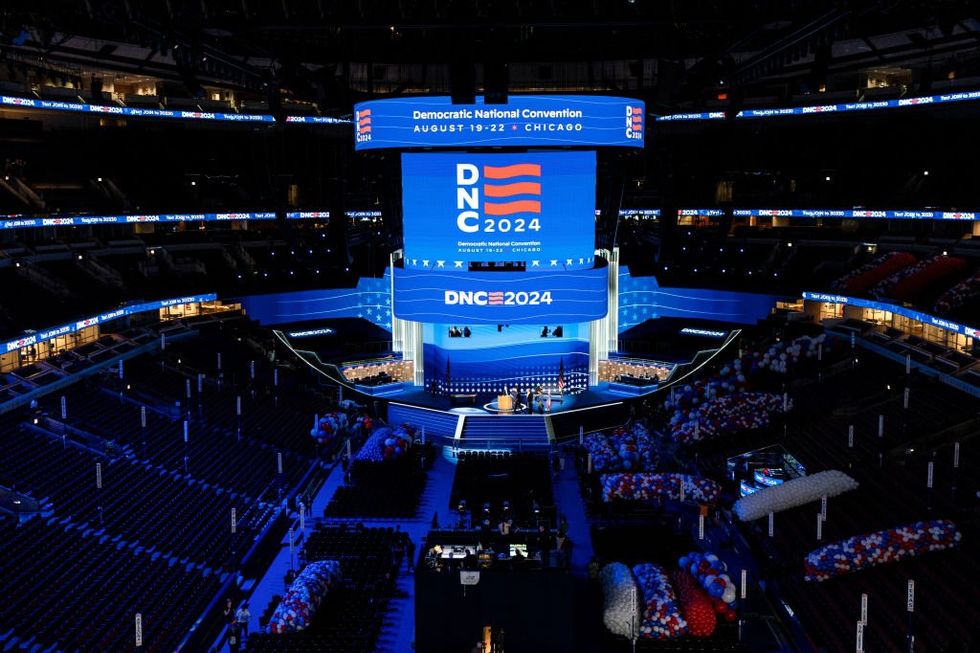

News outlets both big and small are shelling out more money to cover the Democratic National Convention than they did to cover the Republican convention last month, prompting some online users to suggest that DNC officials are "price gouging" the media.
The costs
Many outlets covering the DNC at the United Center in Chicago this week are paying nearly $1,000 for a media workspace that cost just $100 at the Republican National Convention in Milwaukee last month, according to a report from Tessa Weinberg and Mariah Woelfel of WBEZ Chicago.
Far from elaborate, these media workspaces include only basic amenities such as an assigned seat and an electrical outlet, the report said. They also originally cost $751, and those who did not take advantage of that early-bird pricing now must pay $911.
Ask Kamala to rectify that.'
Top-speed internet from AT&T for the week costs an additional $9,368, and major broadcasting setups involving cameras and other equipment can run into the tens of thousands.
Such price tags are cost-"prohibitive" for many small, independent news outlets.
"Paying that much to show up and report the news is definitely prohibitive," said Jim Daley, investigative reporter for the South Side Weekly.
Other problems with pricing
Major outlets in the mainstream media can absorb those costs, however, skewing coverage of the event and leaving voters with fewer options, Daley continued.
"People do not trust major media the way that they once did decades ago, and for good reason, in some cases," he explained. "Conversely, I think that local news, nonprofit news — for very good reason, because we’re closer to the readers, we’re closer to the ground, we don’t do parachute-style journalism, we’re embedded in the communities that we cover — we have a lot more trust with voters."
Hermene Hartman expressed similar frustrations to WBEZ that the outlet she founded, N’Digo magazine, and others like it have been effectively boxed out from covering the event while larger outlets are given prominent space and ample access to delegates and party leaders. "My question is not [NBC’s] question," Hartman said. "There’s a boutique media out here that touches people in another way."
Some smaller outlets are thinking outside the box so that they can provide unique ways to cover the DNC without forking over hundreds or even thousands of dollars. The Chicago Reader, for example, will pay an illustrator to draw aspects of the event, rather than a photographer who will capture "the same images of this person at a podium making a speech," said editor in chief Salem Collo-Julin.
Technically, the DNC costs nothing to cover, as press credentials are free and use of designated workspaces is optional. Plus, the DNC said it will offer "numerous workspaces" for media free of charge.
The only problem is that such workspaces are available on a "first come, first served" basis, and some 15,000 journalists are expected to attend the DNC, WBEZ said.
Influencer privilege
Moreover, about 200 social media influencers have been afforded "creator correspondent studio space" at the United Center, and one such influencer, Shermann "Dilla" Thomas — who creates TikTok videos about Chicago and its history — claimed that organizers have not mentioned any costs associated with those studio spaces.
While some online influencers attempt to hold to journalistic standards about objectivity and fairness, others are less scrupulous, Thomas indicated.
"I’m a person that feels like content creation is becoming the new media," Thomas said. "But at the same time, there are certain journalistic rules that traditional journalists follow, that I know I myself try to follow. Like, I cite sources and I vet things, and I’m always looking for the first-person account versus 'he says, she’s saying.'"
This dynamic could confuse viewers who may believe influencers are members of traditional media.
"I think there’s a chance that credentialing someone who’s wearing a Harris button and just doing PR for the Democratic Party, it raises the risk that they’re — if not confusing readers — it definitely could delegitimize actual press that’s nonpartisan," Jim Daley of South Side Weekly told WBEZ.
Links to 'price gouging'
After the WBEZ report began to spread on social media, some on the right noted a similarity between the exorbitant costs of covering the DNC and one of the only economic problems that Kamala Harris has promised to tackle should voters decide to keep her in executive office: price gouging.
On Friday, Harris promised to ban the price gouging that allegedly has been allowed to proliferate in the last several years, while she and President Joe Biden have been in office.
"We all know that prices went up during the pandemic when the supply chains shut down and failed," she said in Raleigh, North Carolina, according to the AP. "But our supply chains have now improved and prices are still too high."
Many comments on the WBEZ X post about the report made some mention of the DNC "price gouging" the media.
"Wait a second....that sounds like PRICE GOUGING!" said one popular response.
"[Price] Gauging these costs leads me to believe. Gouging may be occurring," added another.
"Isn’t that price gouging? Ask Kamala to rectify that," joked yet another user.
DNC officials told WBEZ that it does not profit from fees paid by media outlets to attend the event, though they declined to comment on the process for setting rates or whether they had considered a tiered pricing system that might have been more affordable to independent outlets.
"Democrats value the freedom of the press, and our convention will be a reflection of that," said a statement from a Democratic National Convention spokesperson.
The DNC also denied paying influencers to attend the event and post content about it, WBEZ noted.
WBEZ also sought comment from McHugh Construction, the general contractor for the DNC; AT&T, the convention’s internet provider; and convention vendors Hargrove and Show Strategy. Hargrove and Show Strategy did not respond to WBEZ's requests, while McHugh Construction denied participating in determining prices, and AT&T referred all questions to the DNC.
Like Blaze News? Bypass the censors, sign up for our newsletters, and get stories like this direct to your inbox. Sign up here!
Originally Published at Daily Wire, World Net Daily, or The Blaze
What's Your Reaction?

















